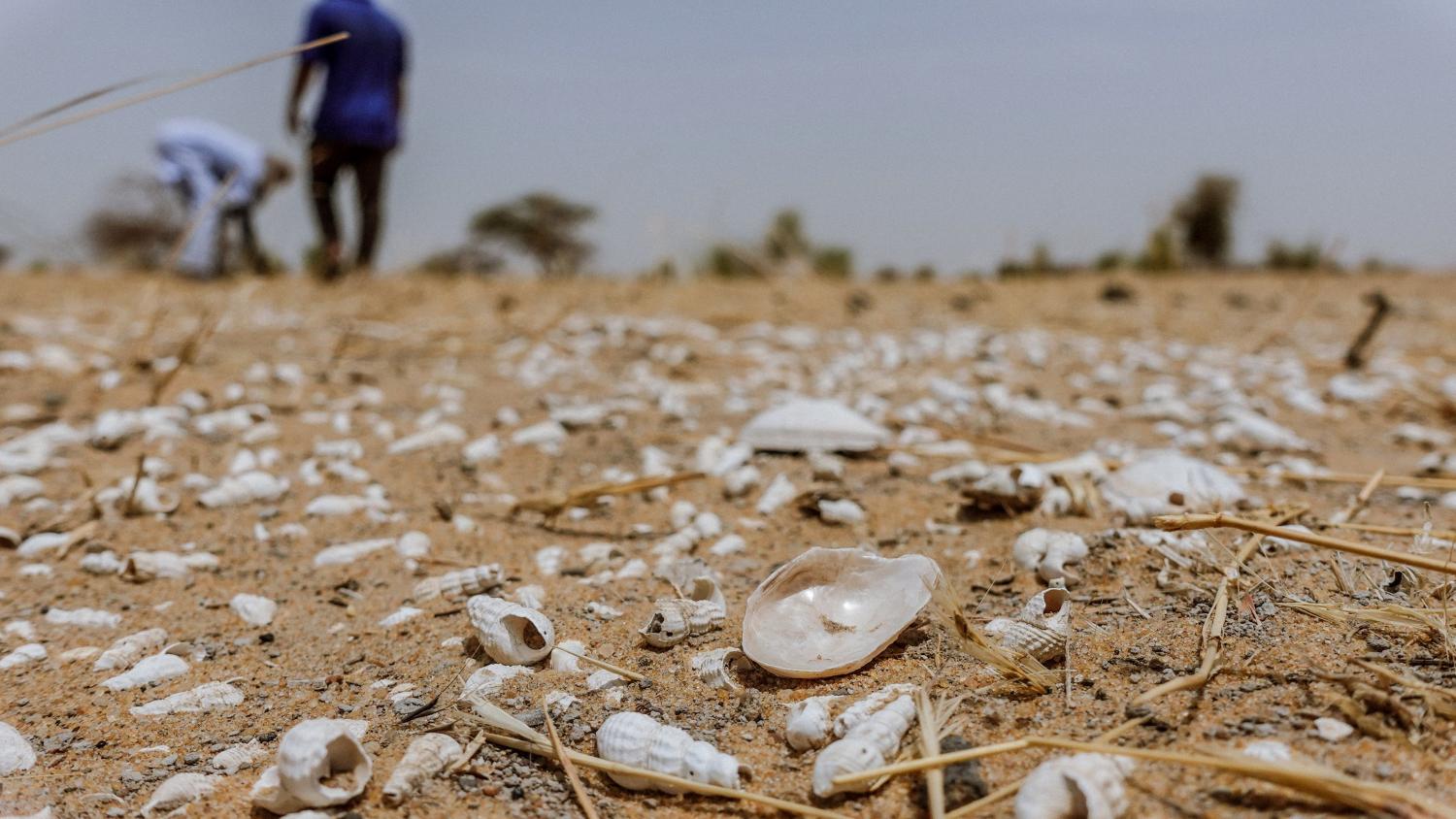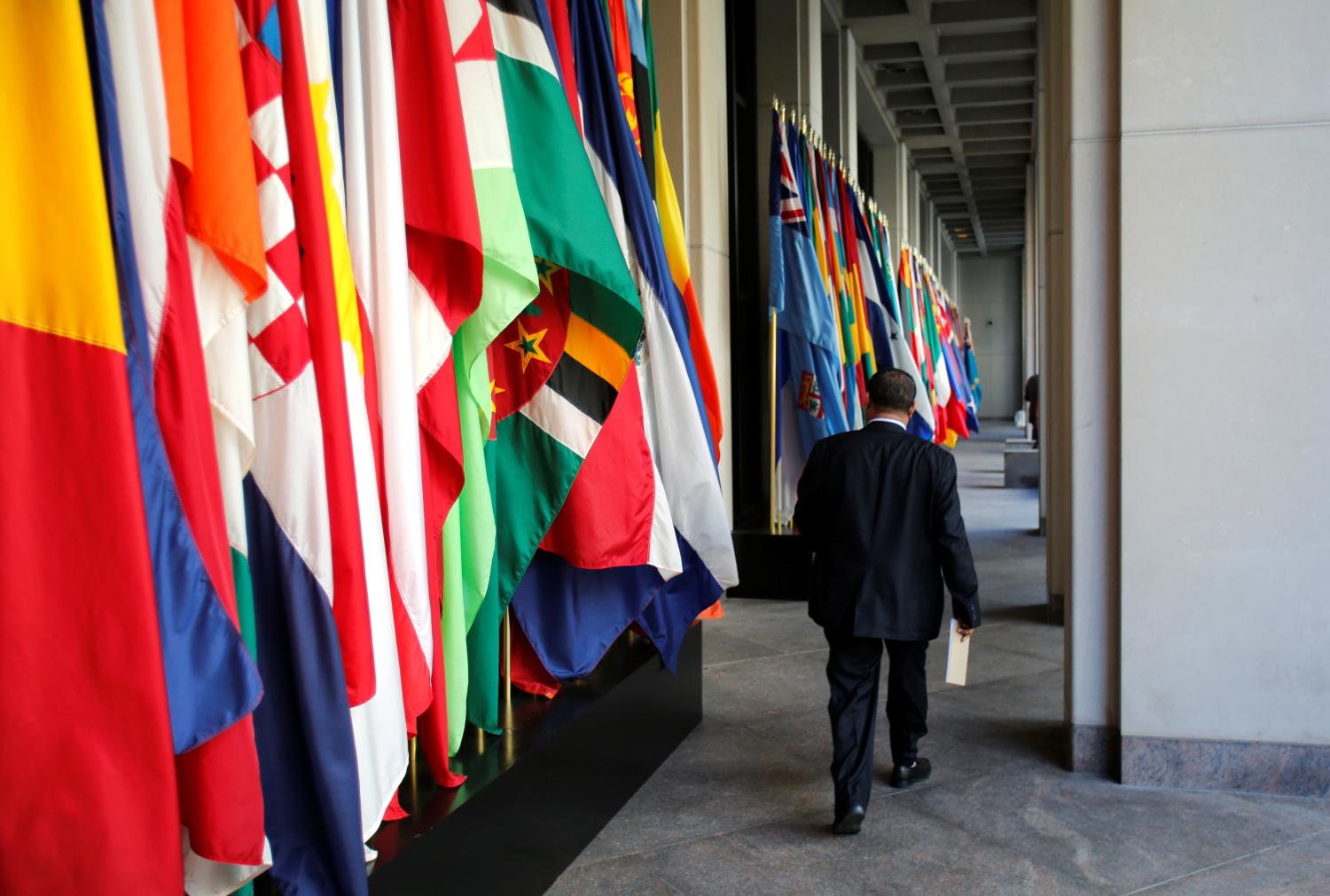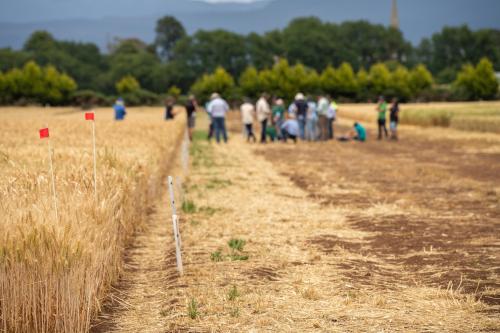Abstract
More than 40 years after a catastrophic famine struck the region, the Sahel has once again become the focus of global attention. Poor economic performance, growing instability, and deteriorating climate conditions have combined to produce a vicious circle of increased poverty, instability, and communal violence. By drying out sources of livelihoods for populations mainly dependent on natural resources, climate change reinforces long-existing rivalries and increasingly triggers violence. In this paper, we argue that while climate change is a proximate cause of violence, institutional failures and clientelism1 are the actual root causes.
Download the full working paper
-
Footnotes
- The Oxford Handbook of Political Science defines “political clientelism” as “giving material goods in return for electoral support, where the criterion of distribution that the patron uses is simply: did you/will you support me?”
The Brookings Institution is committed to quality, independence, and impact.
We are supported by a diverse array of funders. In line with our values and policies, each Brookings publication represents the sole views of its author(s).







